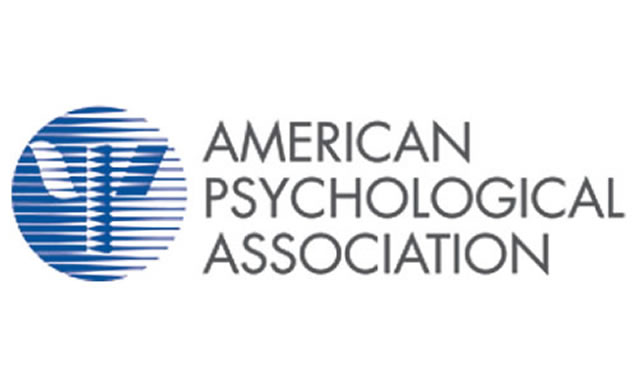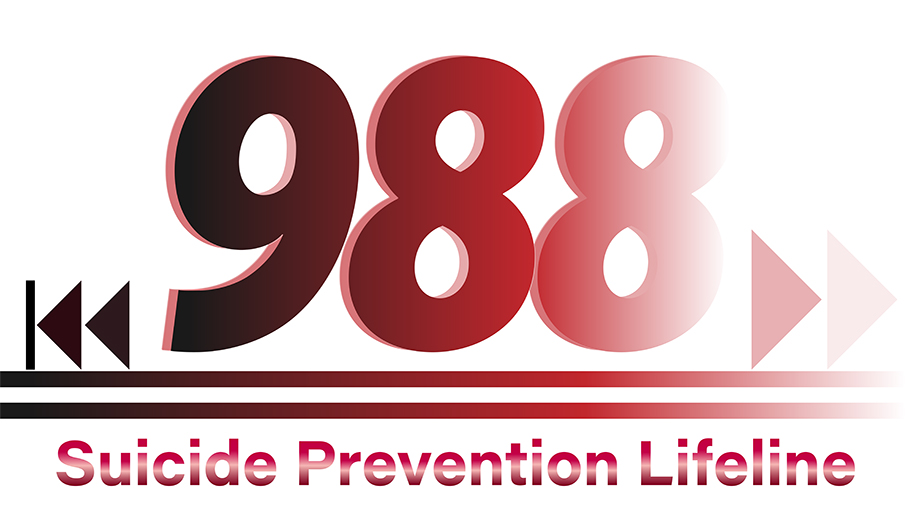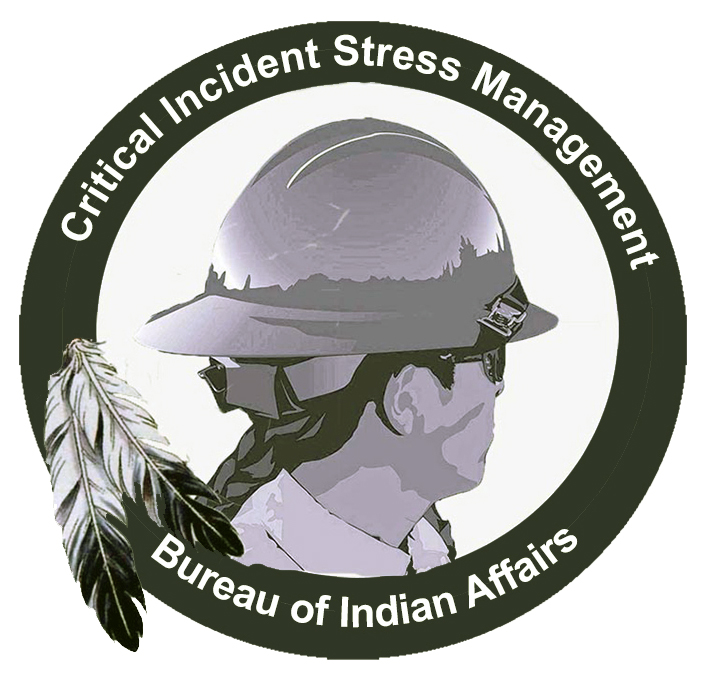Finding a Mental Health Care Provider
Therapists can help someone better understand and cope with thoughts, feelings and behaviors. They can also offer guidance and help improve a person’s ability to achieve life goals. These mental health professionals may also help assess and diagnosis mental health conditions.
Health care professional job titles and specialties can vary by state. The descriptions below give an overview of what to look for and what credentials to expect from a mental health professional. Finding the right professional is easier when you understand the different areas of expertise and training. The verywellmind website provides a list of twenty different kinds of research and applied positions for psychologists here.
The NAMI HelpLine can provide information on how to find various mental health professionals and resources in your area.

The Dynamics of Pre-Incident Education
Unless pre-incident education has occurred for personnel not to feel threatened when they admit to suffering reactions following invovement in traumatic incidents, they will remain silent rather than risk the criticism and perhaps ridicule of their fellow workers.

Those in management positions may feel threatened by a program that operates relatively independently in their area of command. They need re-assurance that adequate safeguards are built in and that peers will not interfere with operational or managment activites. They may need to be prepared to relinquish a little of their "control" and to have enough knowledge in this area to realize that the existence and effect of critical incident stress does produce higher levels of stress in their emergency response personnel and resuls in a deterioration i their performance.
Situational Awareness
The concept of "Situational Awareness" is a recognized concerpt within the wildland fire and aviation community. That is, maintaining a heightened level of awareness relative to our surroundings and those we engage. The same principle can be applied to the behavioral wellness of fellow firefighters and others. Ultimately people want to know that someone cares about their well being and that someone is checking on them (Jeannette& Scoboria, 2008).
For a leader within our agencies, an ultimate goal is now focusing on the development of an organizational culture where behavioral wellness is as important as strong firefighing skills. Just as training programs are developed to enable firefighters to perform in a professional manner on the line, behaviorall wellness is beginning to receive the same level of expectation. Training personnel within all disciplines of our agencies in the use of positive coping mechanisms' to handle stress and the ability to recognize a co-worker is in distress should receive the same prioity as firefighting skills due to the growing concern about our ability to maintain wellness and resilience. programmatic approach to building peer support and wellness in the workplace

Information and Links

Sharing Education with Mental Health Professionals
The Mental Health Professional (MHP) who will works with Critical Incident Peer Support Groups on BLM related incidents or BLM related personnel will be trained to recongize and understand the uniqueness of the wildland fire and emergency responder culture.
Their experience and respect for the service will enhance their credibility. Their specialized education and skills in critical incident stress management will ensure that appropriate crisis intervention techniques are applied with a slow and cautious approach.
Our MHP's have an understanding of the wildland firefighter's need for control over themselves and emotions and are able to tailor the interventions accordingly.
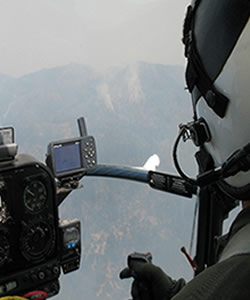
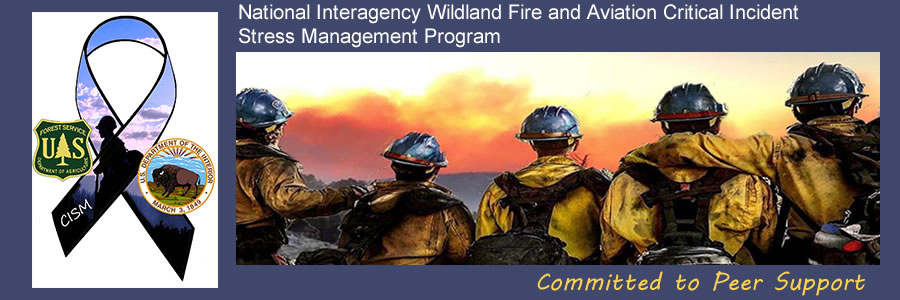





.jpg)
